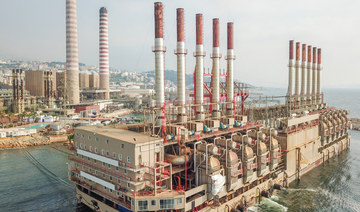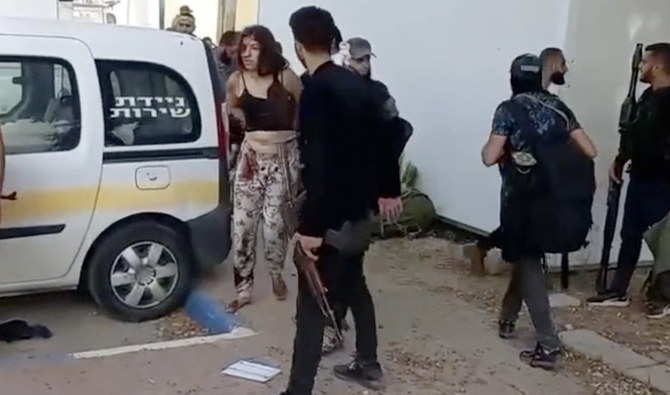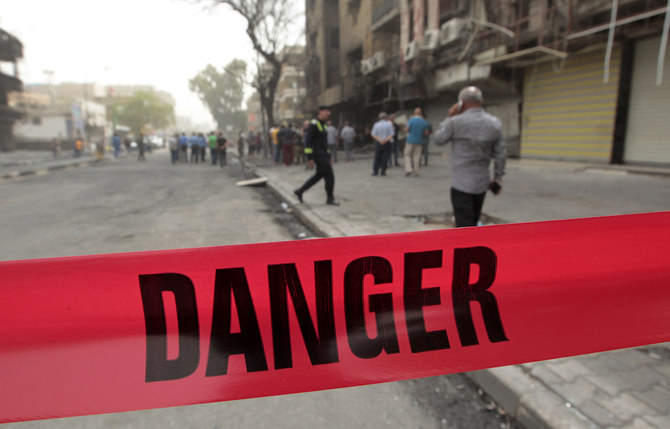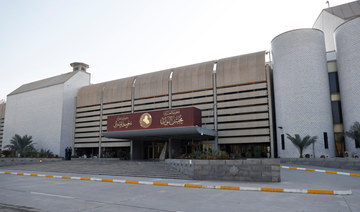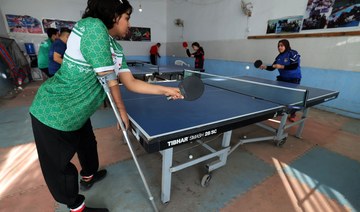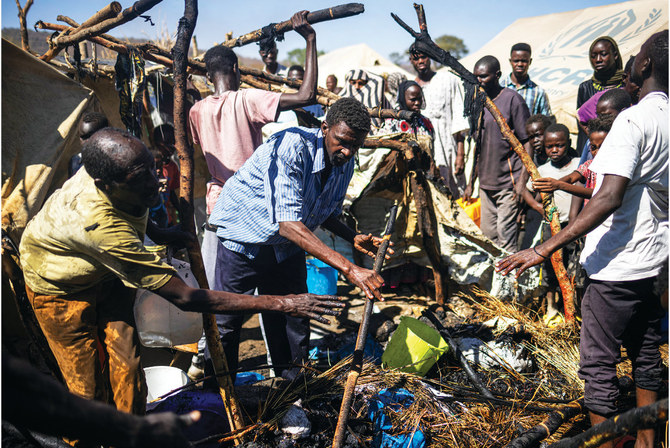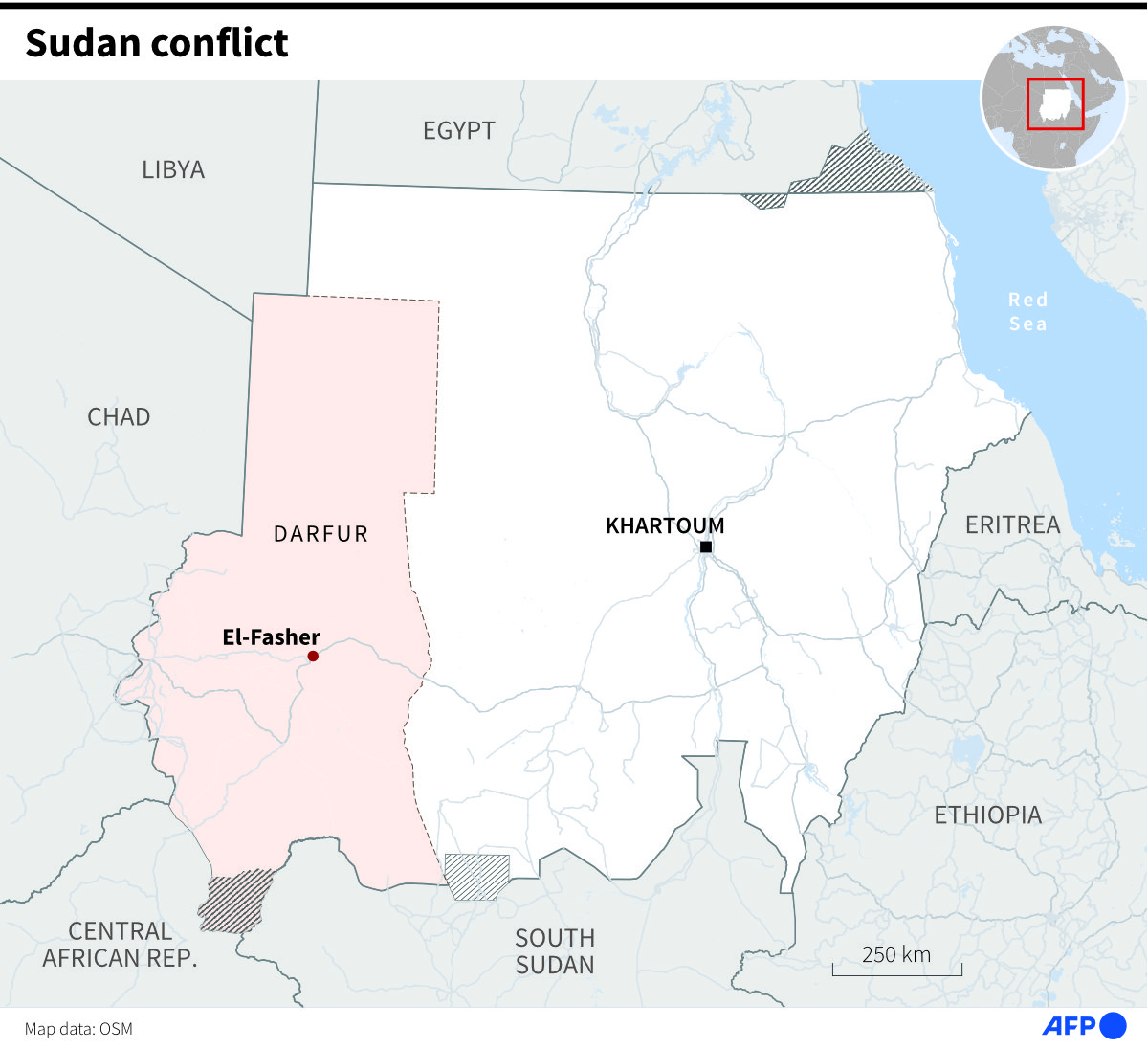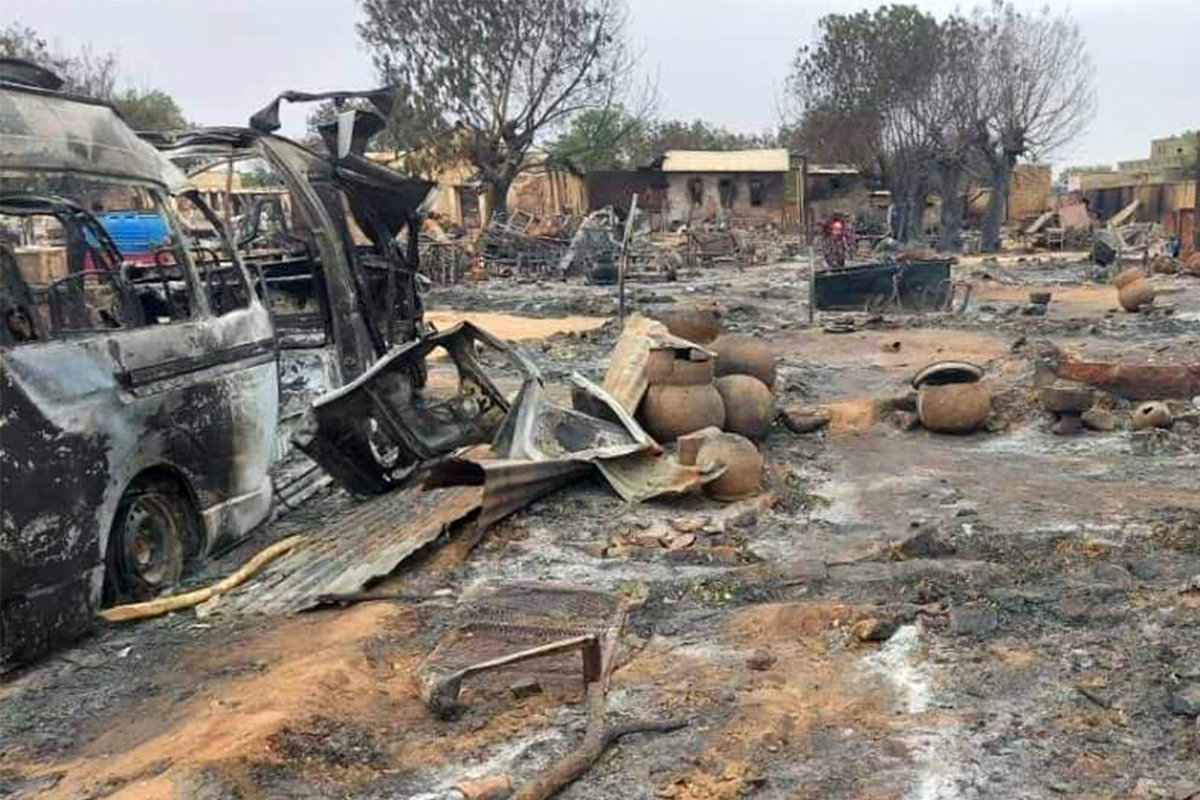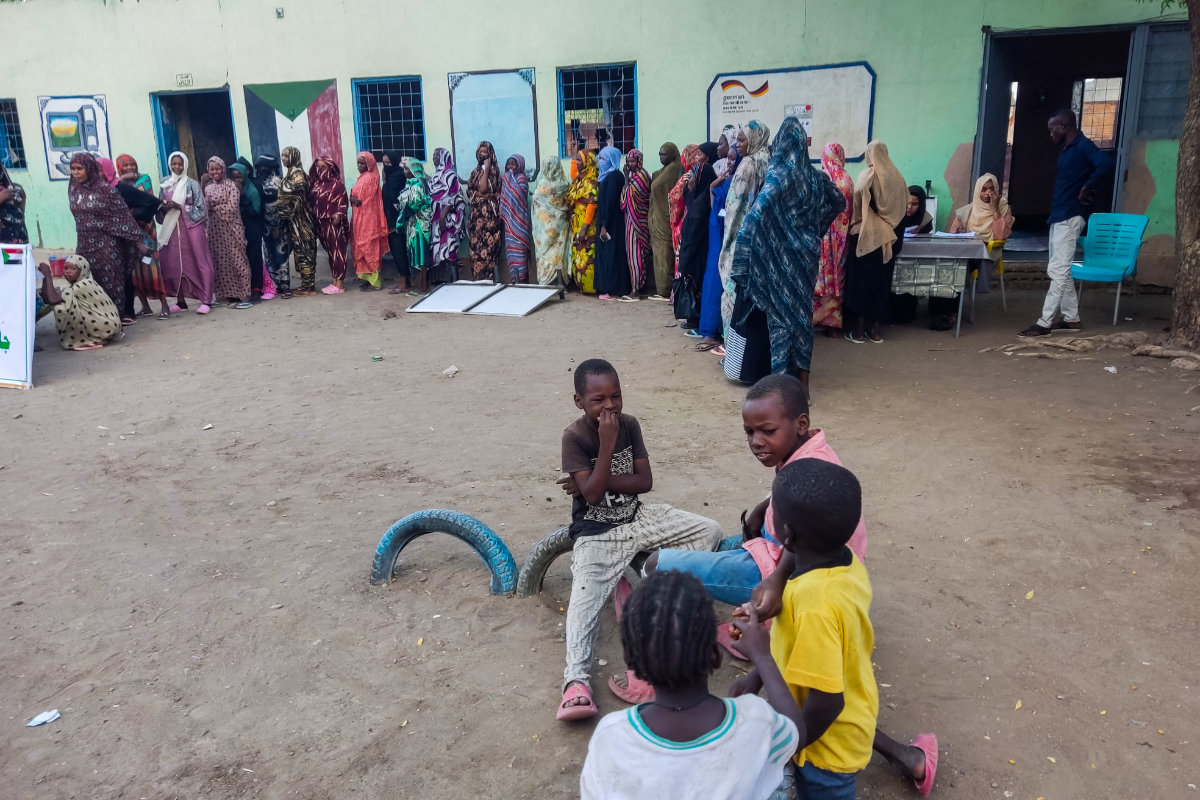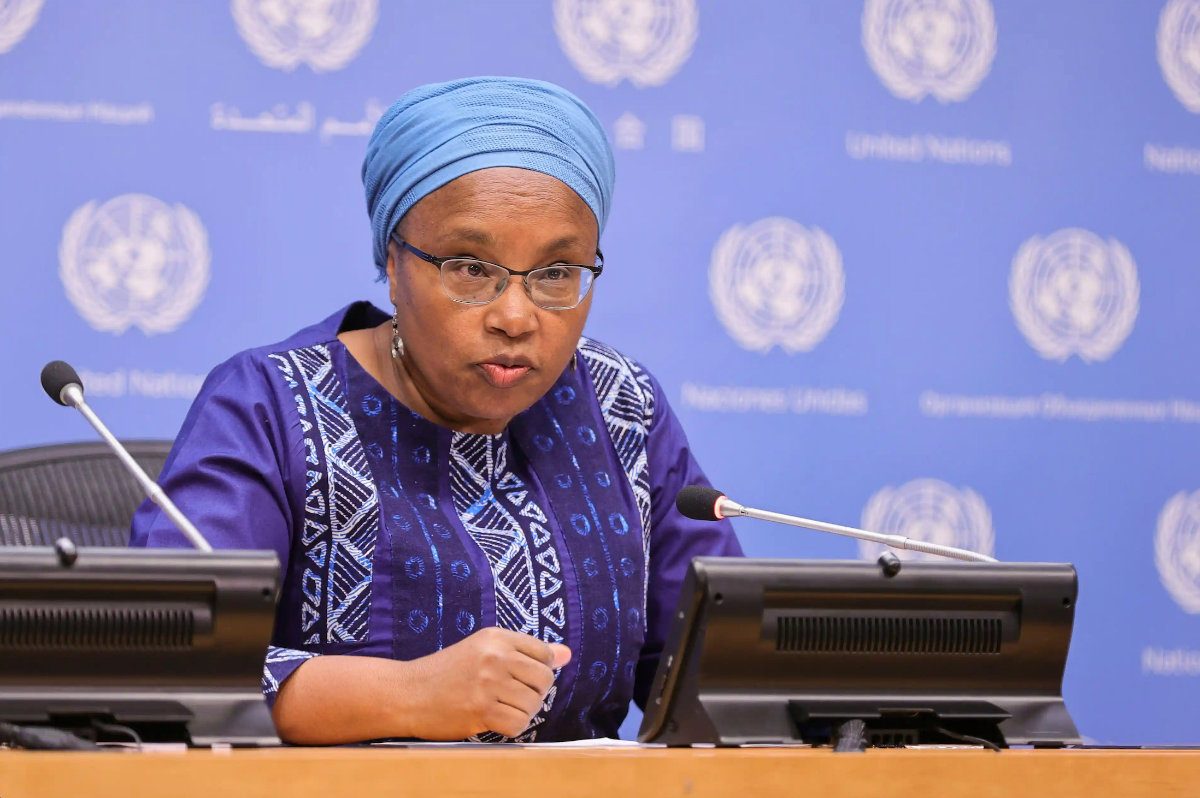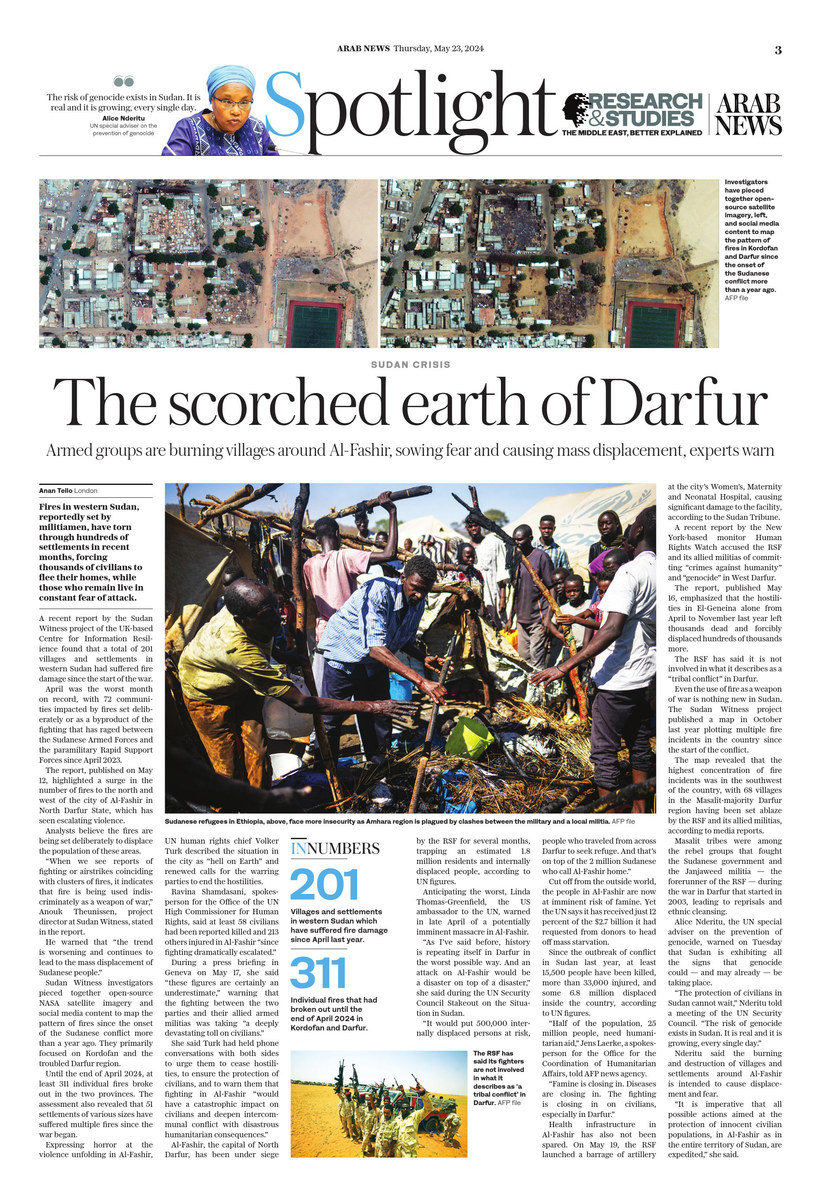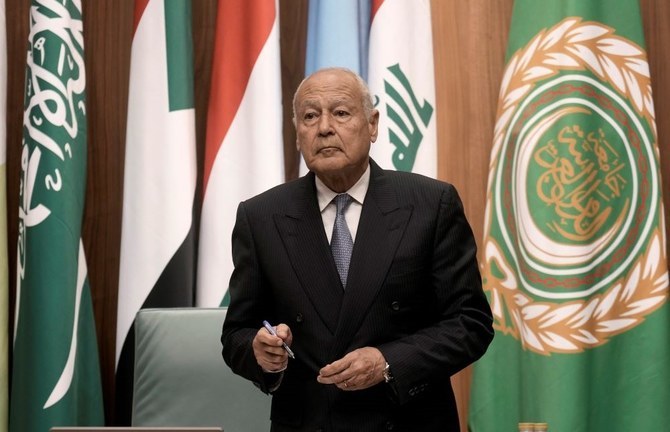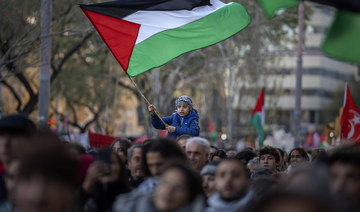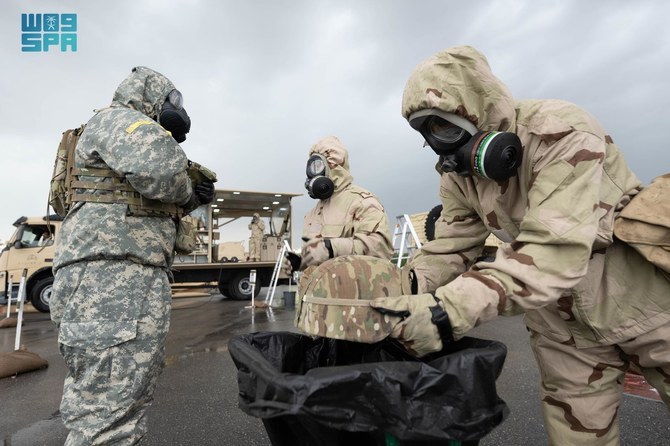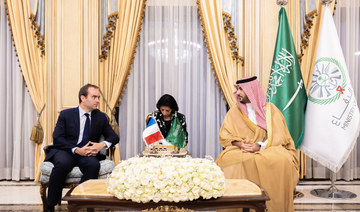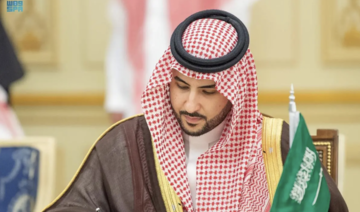BEIRUT: Just four people have submitted their candidacies for Lebanon’s parliamentary elections planned for May since the nomination process opened on Jan. 10.
The next house of representatives will elect a new president in October, five months after the parliamentary elections.
Some 250,000 Lebanese expats have registered abroad to vote in the upcoming elections to choose 128 MPs.
Only one-third of them registered for the previous elections, reflecting enthusiasm for change.
Zeina Helou, an expert in local affairs, told Arab News that those who submitted their candidacies belonged to the opposition.
Helou said there was a delay in the process because opposition figures had been questioning the possibility of parliamentary elections going ahead.
There were further delays due to the electoral law requiring candidates to join electoral lists to qualify as a contestant.
FASTFACT
The parliamentary elections are expected to be heated as the Lebanese people are motivated for political upheaval in a system accused of corruption.
Candidates are also required to deposit LBP30 million ($19,800), which is far higher than the LBP8 million deposit for previous parliamentary elections.
Helou said that things might take shape when registration of the candidates’ lists begins, with the deadline set between Mar. 16 and April 4.
Amid the low candidacy numbers, the ruling political forces were still studying the possibility of maintaining their electoral allies, with several alliances broken up as a result of the political crisis.
The mystery surrounding the position of former Prime Minister Saad Hariri, who returned to Beirut on Thursday morning, has increased their frustration.
He left Lebanon last June following his refusal to form a government.
Hariri met with the members of his bloc, with reports indicating that he will not nominate himself for the upcoming elections, leaving his bloc’s MPs the choice to participate or not.
Former MP and Vice-President of the Future Movement Mustapha Allouch told Arab News: “So far, we haven’t been informed of Hariri’s decision and all the other matters affiliated to that decision.”
Allouch said Hariri was holding several meetings and the picture might be clearer next week.
The political rumor mill has suggested that Hariri’s political allies, led by Parliament Speaker Nabih Berri and Leader of the Progressive Socialist Party Walid Jumblatt, will seek to convince him to run for elections or to let the Future Movement participate, as their absence will leave a void on the Sunni scene.
There are mounting fears regarding Sunni representation as influential figures are reluctant to run for elections. Former Prime Minister Tammam Salam announced on Thursday that he was unwilling to run for parliament. Nazih Njeim, a member of the Future Movement, revealed that a number of the party’s MPs will not run for elections if Hariri does not put himself forward.
He said: “When the Sunni component is not doing well, this reflects badly on the country.”
Public affairs expert Dr. Walid Fakhreddin said: “Hariri’s decision not to run for elections seems to be settled, knowing that he partly bears responsibility for the collapse of the country and specifically for the settlement that brought about Michel Aoun as the president.”
He added that other political forces in power were also hit at the core.
“The Free Patriotic Movement is destroyed at the grassroots level, and at the internal level, there will be fights between rivals of the same party on the same seat. The Progressive Socialist Party will re-nominate its deputies.”
He said: “We can also say while the popularity of Hezbollah and the Amal Movement was affected in some districts, it is no longer impossible to break it in other districts.
“We will witness a confrontation between the ruling class and the opposition.
“The ruling parties will fight each other, and the opposition may have more than a list in a few districts.”





